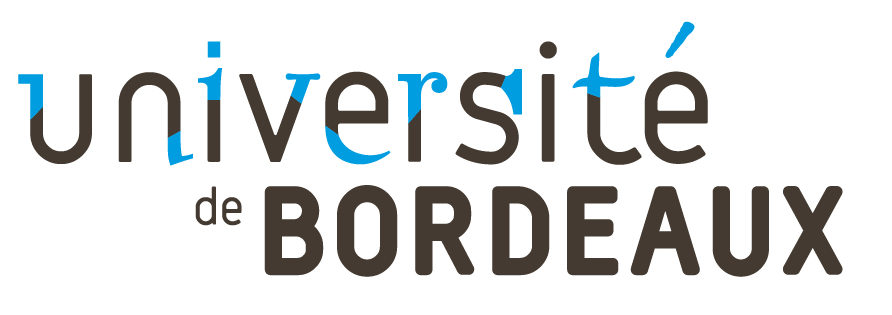Description
The Internet of Things is the next technological revolution. IoT makes it possible to extend the Internet to all objects of the physical world that until now was disconnected from the digital world. It opens new opportunities and perspectives: it is an area of rapid growth and a huge opportunity. Indeed, all everyday objects will be potentially connected: it goes from televisions, watches, cars, bicycles, clothing, heating system, to buildings, etc. The peculiarity of IoT is to have a multidisciplinary cross-cutting impact, and in fact, the IoT affects many industrial sectors such as aerospace, aviation, telecommunications, agriculture, health, automobile, railway, building, energy, city, home automation, smart environments (ie, smart space, smart building, and smart city).
In this context, this course aims to provide the foundations for designing and building connected objects. In particular, it covers the key principles and tools to achieve this aim. It addresses embedded systems, the Raspberry Pi Platform, and the Arduino environment for building devices that can control the physical world. Each student will be given an ESP32 microcontroller with wireless network interface enabled. Students will have the opportunity to design completely their own IoT device with a range of hardware and electronics components. Further, the different software frameworks dedicated to IoT will be studied to design complex and connected IoT applications. Security risks related to IoT devices will also be introduced.
Organization
Teaching: 20h Lecture + 27h practical work
Examination: practical work + final exam
Lecturer: David Bromberg
Keywords
Scripting language, python, javascript,microcontroller, ESP32, Arduino, Bluetooth BLE, Wifi, LoRA, Raspbery Pi
